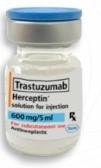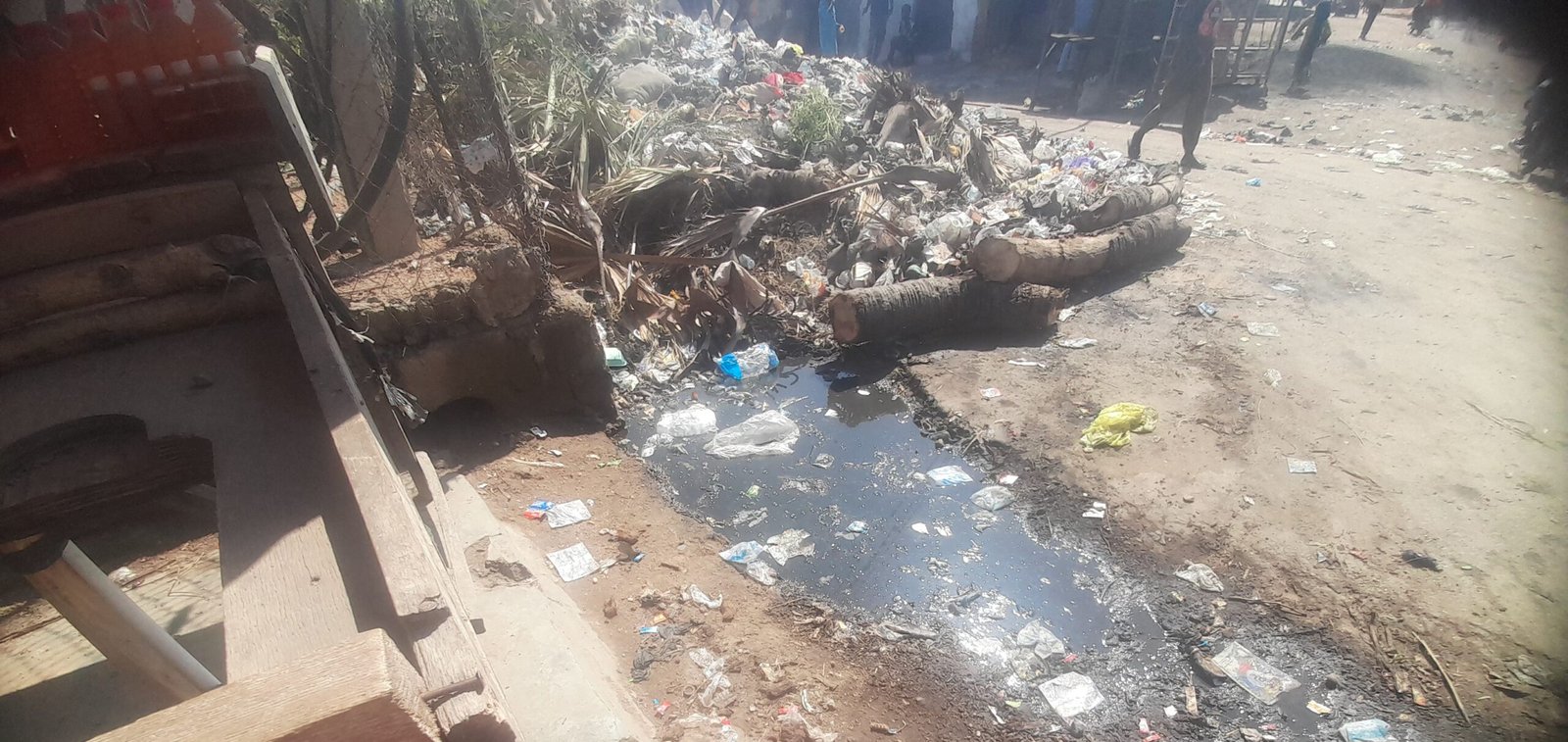The Nigeria National Agency for Food and Drug Administration and Control (NAFDAC) has issued a public alert warning of counterfeit supplies of Herceptin® (trastuzumab) circulating in Ghana and possibly Nigeria, raising fresh concerns for breast cancer patients who rely on the drug for life-saving treatment.
In its Public Alert No. 22/2025, NAFDAC revealed that a patient in Kumasi presented a suspected falsified Herceptin® 600mg/5ml vial, which was reportedly purchased in Nigeria. Laboratory checks confirmed the product – marked with batch number A8519 – does not match any authentic batches produced by Roche, the original manufacturer.
“This batch number is not traceable within Roche’s manufacturing and distribution systems,” the agency said. “There are font inconsistencies, misplacement of label text and variable data, and the tamper-evident seals do not match those used on genuine Roche packaging.”
Herceptin is commonly used to treat HER2-positive breast cancer, either as a standalone therapy or alongside other treatments such as aromatase inhibitors or taxanes.
NAFDAC warned that the counterfeit product may contain no active ingredient or unknown chemicals, posing severe health risks. “Patients using falsified oncology products face risks of allergic reactions, systemic toxicity, disease progression, or even death,” the agency said.
NAFDAC has directed its zonal directors and state coordinators to conduct surveillance and remove any such counterfeit products from circulation. Distributors, retailers, and healthcare professionals are urged to check the authenticity of their supplies.
“Healthcare professionals and consumers should report suspicions of substandard or falsified medicines to the nearest NAFDAC office or via our hotlines and e-reporting platforms,” the agency said in its public alert.
Reports can be made through NAFDAC’s toll-free line (0800-162-3322), via email to sf.alert@nafdac.gov.ng, or through its Med-safety app.
The agency confirmed that the incident will be uploaded to the WHO Global Surveillance and Monitoring System (GSMS) for international vigilance.
NAFDAC concluded: “All medical products must be obtained from authorised suppliers, and their authenticity and physical condition carefully checked to protect patient safety.”



